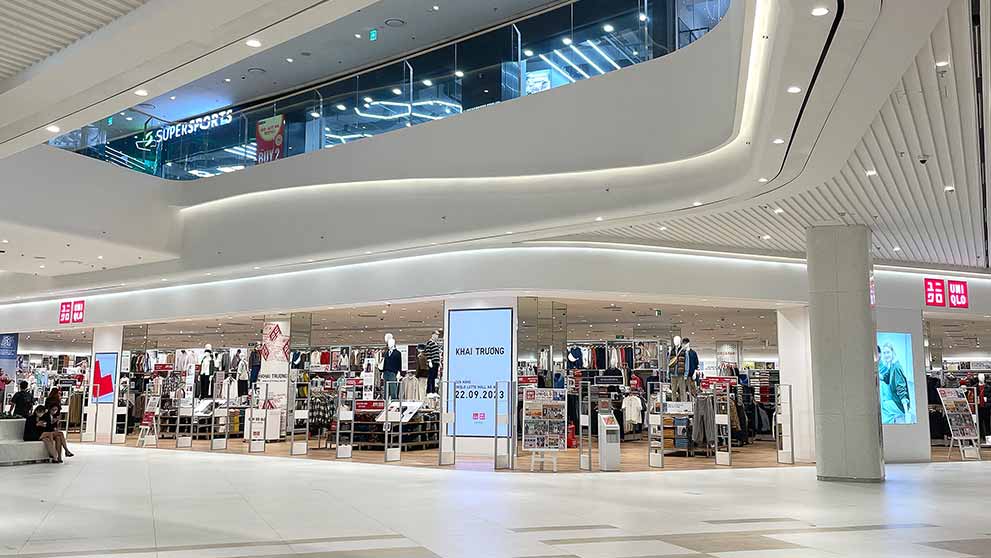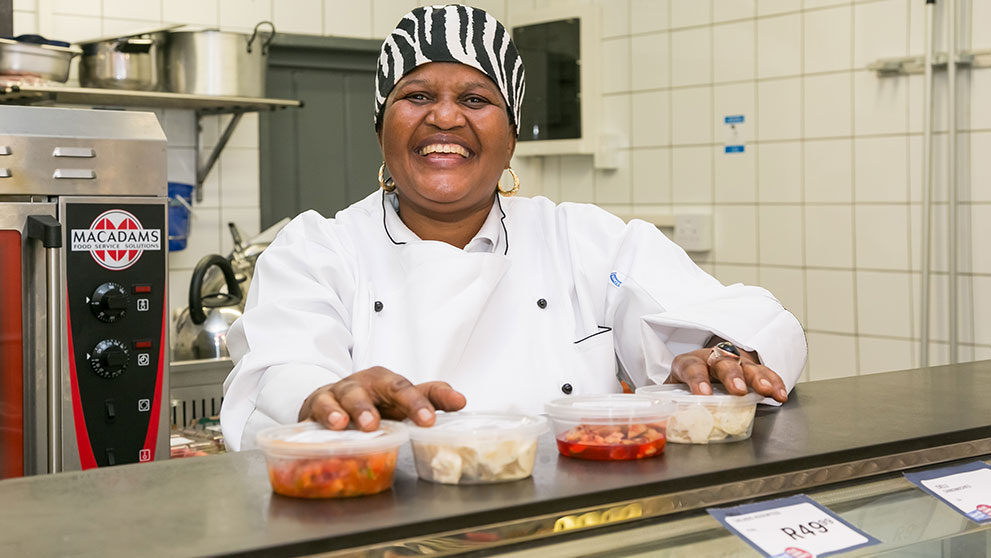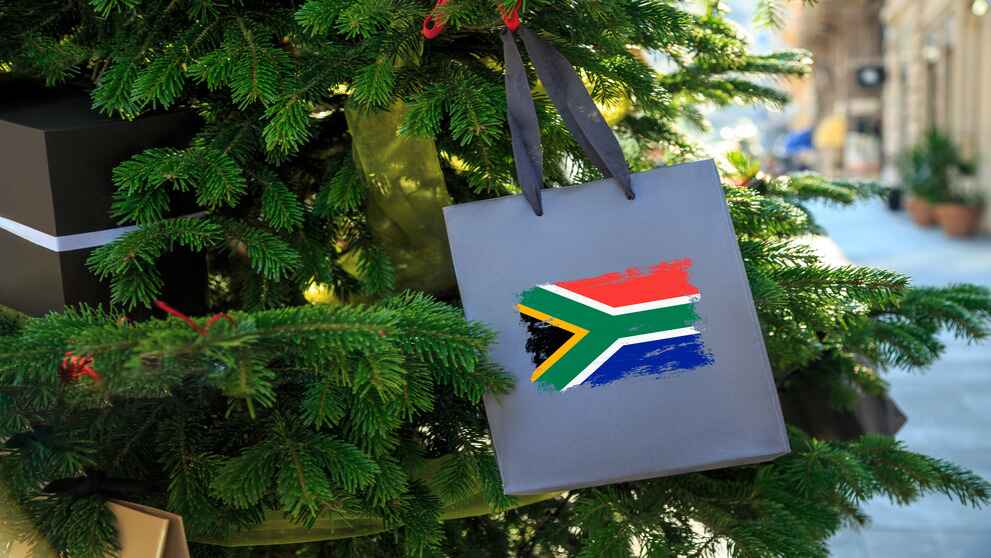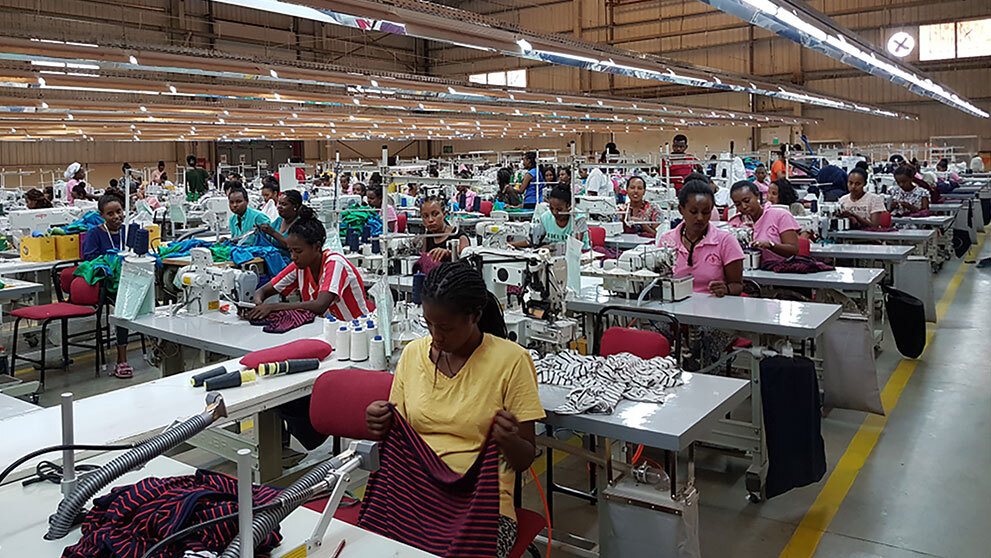South Africa, a country celebrated for its breathtaking landscapes and diverse cultures, is also home to a vibrant and dynamic consumer market. But what truly influences South African consumers' buying habits?
Understanding the core factors driving product demand in this unique nation can be a treasure trove for businesses eager to tap into its potential. Get ready to explore the captivating elements that shape shopping choices in South Africa.
The All-Powerful Rand: Striking a Balance
It's a well-known fact—money talks, and price is a critical factor for any shopper. South African consumers are no different. The recent "affordability tipping point" highlights a growing sensitivity to price. With rising living costs, South Africans are becoming increasingly value-conscious, prioritizing essential items and seeking maximum value for their money. Consequently, products that are competitively priced and offer clear value propositions are likely to resonate with these cost-conscious consumers.
Quality and After-Sales Service: Cultivating Trust
South African consumers are discerning and have an eye for quality. They appreciate products that are built to last and value dependable after-sales service. This is especially true for high-ticket items, such as electronics and appliances. Companies that provide robust warranties, readily available spare parts, and efficient repair services are poised to build trust and loyalty with South African customers. The prevalent "buy cheap, buy twice" mentality underscores the importance of product durability and reliable support.
Understanding Cultural Nuances: Essential for Success
South Africa is a rich tapestry of cultures and traditions. Grasping these nuances is crucial for addressing specific product demands. Take the iconic South African braai (barbecue) as an example. Products that enhance the braai experience—such as high-quality braai tools, portable Braais, and locally-sourced braai ingredients—are guaranteed crowd-pleasers. Additionally, recognizing the significance of family and community in South African culture can guide product development, with items like board games for family gatherings or larger-sized appliances for extended families proving popular.

The Emergence of the Savvy Shopper: From Malls to Mobile
South Africa has experienced a digital boom, with an increasing number of people turning to online shopping platforms like Shopify. This savvy online consumer base conducts thorough research before making purchases, necessitating a focus on mobile-friendly shopping experiences and strong online marketing strategies. Products that are easily discoverable and purchasable online will have a distinct advantage. However, the appeal of brick-and-mortar stores should not be underestimated, as many South Africans still value the in-person shopping experience. The key lies in creating a seamless omnichannel approach, integrating online and offline shopping experiences.
Beyond Affordability: The Aspiration Factor
While affordability is crucial, South Africans also have aspirations and a desire for luxury. There is a growing demand for premium products across various categories, from designer clothing and electronics to high-end food items. However, accessibility is key. The rise of the pre-owned market and "buy now, pay later" options are making luxury more attainable for a broader audience. This market segment responds well to brands offering exclusive experiences and limited-edition products.
Selling Strategies: Embrace Local while Keeping a Global Perspective
The U.S. Department of Commerce's trade guide stresses the importance of catering to local preferences while maintaining global appeal. South Africans have a growing sense of national pride, and products that celebrate local design or incorporate traditional elements can be well-received. However, it's important not to isolate from global trends entirely. South Africans are well aware of international brands and trends, so striking a balance between local relevance and global appeal is essential.
Commitment to Social Responsibility
South Africans are increasingly conscious of social responsibility. Businesses that demonstrate a commitment to sustainability, ethical sourcing, and fair labor practices are likely to resonate with this growing consumer segment. Highlighting eco-friendly features or ethical sourcing practices can serve as a differentiator in today's competitive market.

The Power of Perception
Never underestimate the impact of brand image and marketing. A strong reputation for quality, ethical sourcing, and sustainability can significantly influence buying decisions. Cultural influences shape consumer behavior, so aligning your brand with South African values is key to building trust.
Understanding the Market's Nuances
The South African market is not monolithic. There is a vast income disparity, with significant differences in spending habits across demographics. Resources like PerfectDealz provide insights into specific product categories in high demand.
The Takeaway: A Dynamic Market Awaits
The South African consumer market is a complex and ever-evolving landscape. By understanding the key drivers of product demand—from affordability and quality to cultural influences and digital savviness—businesses can develop successful strategies. South Africans are value-conscious, quality-driven, and digitally connected. Embrace the local spirit, prioritize affordability without compromising quality, and leverage the digital age to reach this dynamic market. By doing so, you'll be poised to unlock success in the land of the rainbow nation.
- Which Economic Factors Most Affect the Demand for Consumer Goods?
- Market Demand: How To Identify and Calculate It (2024)
- These factors influence product prices
- South Africa - Selling Factors and Techniques
- What Product is Most in Demand in South Africa?
- South African consumers reach tipping point of affordability - NIQ






































